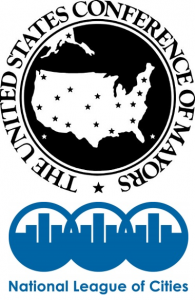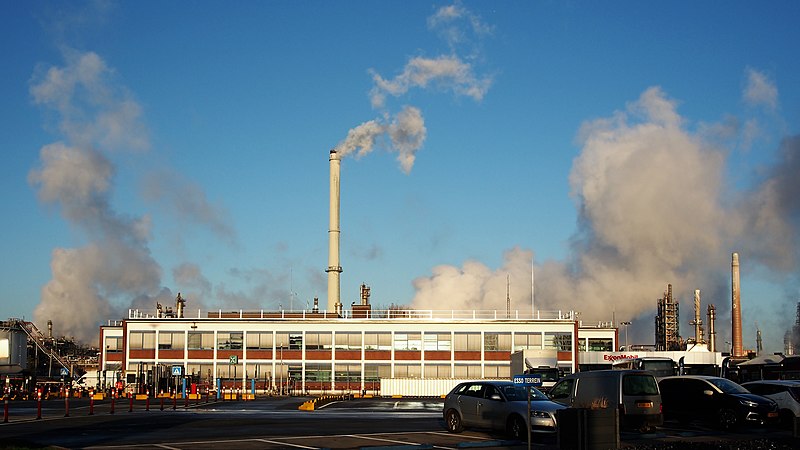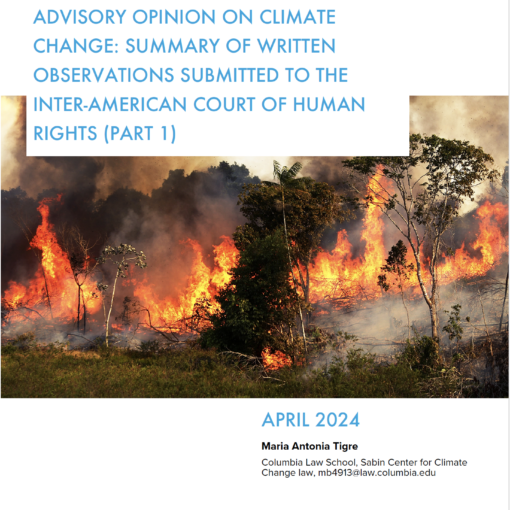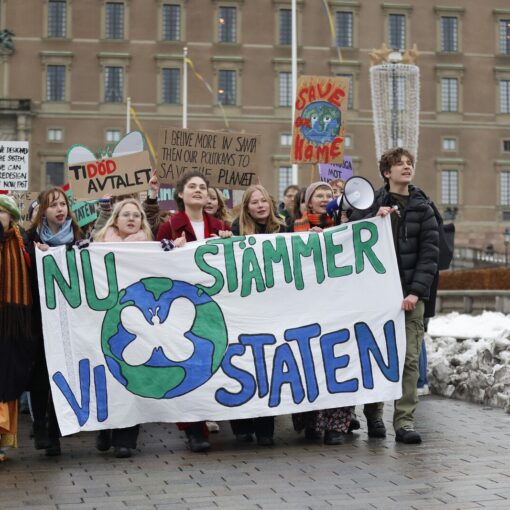 Today, the Sabin Center filed a motion on behalf of a nationwide local government coalition for leave to participate as amici curiae in the lawsuit challenging the first action undertaken by the Trump administration to roll back the greenhouse gas emission and fuel economy standards established for light duty vehicles (“clean car standards”). If the motion is granted, the petitioners will be able to file an amicus brief detailing why these standards are critical for cities and local governments to reduce emissions from the transportation sector and help avert the harmful impacts of climate change.
Today, the Sabin Center filed a motion on behalf of a nationwide local government coalition for leave to participate as amici curiae in the lawsuit challenging the first action undertaken by the Trump administration to roll back the greenhouse gas emission and fuel economy standards established for light duty vehicles (“clean car standards”). If the motion is granted, the petitioners will be able to file an amicus brief detailing why these standards are critical for cities and local governments to reduce emissions from the transportation sector and help avert the harmful impacts of climate change.
Members of the coalition include the U.S. Conference of Mayors (USCM), the National League of Cities (NLC), The City of New York, NY; Los Angeles, CA; Chicago, IL; King County, WA; Santa Clara County, CA; San Francisco, CA; Baltimore, MD; Oakland, CA; Minneapolis, MN; Boulder County, CO; Pittsburgh, PA; Ann Arbor, MI; West Palm Beach, FL; Santa Monica, CA; Coral Gables, FL; and Clarkston, GA.
This coalition of local governments is representative of the diverse communities affected by the proposed roll back of the clean car standards. The NLC represents over 19,000 cities and towns and USCM is the official non-partisan organization of cities with populations of 30,000 or more. The individual cities and counties that have signed onto the motion are home to more than 22 million people, and include New York, Los Angeles, and Chicago, the three largest cities in the Untied States.
“Local governments have been leaders in the fight against climate change for decades, and given the Trump administration’s denial of the problem, they have doubled down on their climate commitments,” said Michael Burger, author of the motion, executive director of the Sabin Center and special counsel at the law school’s Environmental Law Clinic. “They’re working hard to reduce emissions from the transportation sector, but local measures can only go so far. Vehicle emission standards are the most effective tool for controlling transportation-related emissions, and local governments lack the authority to create their own standards. So the federal standards are of critical importance.”




